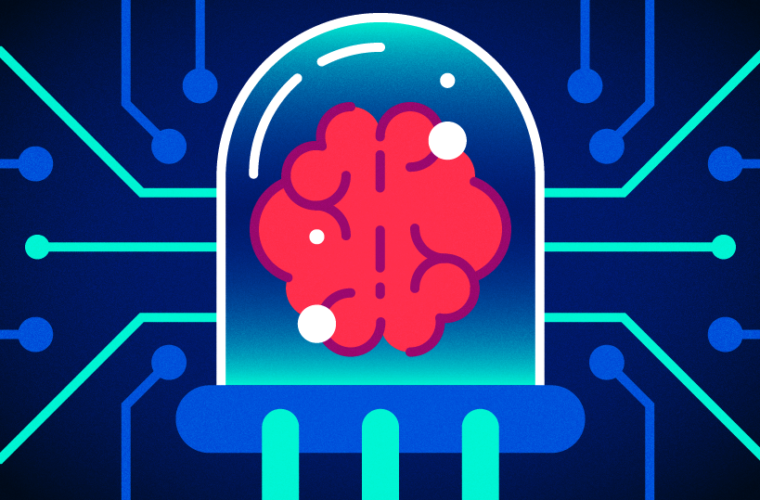At the launch of the new Galaxy S24s, Samsung confirmed the arrival of Galaxy AI, its artificial intelligence, on past phones such as the Galaxy S23. This will make it less necessary to spend thousands of euros every year to buy a new phone, with the emphasis falling more on software rather than hardware development.
It is no coincidence that it was precisely Samsung that wanted to push, during the presentation of the Galaxy S24, for five years of extended support for software updates of today’s range. The idea is to lead consumers to buy top of the range products that can, however, last over time, not only from the point of view of technical specifications per se but precisely in the management of applications, even the most innovative ones, such as Galaxy AI.
AI as a service
Galaxy AI will probably arrive on many of the smartphones and tablets in the Galaxy range that have already been updated or are scheduled to be updated to Android 14. The first to receive the One UI 6.1, already in the first quarter of the year, should be the Galaxy S23, Galaxy S23 Plus, Galaxy S23 Ultra, Galaxy S23 FE, Galaxy Z Fold 5 and Galaxy Z Flip 5, and the Galaxy Tab S9 tablets It remains to be clarified whether, for the older models, the AI features coming will be all, including those possible ‘on device’, or only those that run on Google Cloud servers. The processors, in fact, could be decisive for the optimal functioning of the algorithms on which the AI services are based.

The discourse thus shifts not to the possession of the particular device but to the services. Samsung itself has said that its Galaxy AI will be free until at least 2025. What will happen after that is yet to be defined. Most probably a paid package will be offered to fully exploit the potential of artificial intelligence. A bit like what happens today with Copilot and ChatGpt, there will be those who will want to keep a free plan to ‘play’ with the AI and those who will want to break down all the limits and keep their chatbot (or device, whatever) as up to date as possible. The cost is no longer on the device but on the ecosystem. A kind of AI-as-a-service. Right or wrong?
The future will be different
It is hard to say, but it is clear that the development of AI entails certain costs that were not there in previous years. In the age of fixed storage of hard disks, no one would have ever imagined that one day, we would pay to secure indefinite space on the cloud, where we could store documents, photos, and videos. And yet here we are, paying tens and tens of euros not to be without backup and to transport our files from one place to another, from different devices, in a simple, fast, and normal way.
Today, it seems strange to consider AI as something indispensable, but it is only a matter of time. The fact that Samsung is putting a lot of effort into it is a reflection of the times, a forward-looking strategy to open up new market categories and go beyond smartphone sales, which is so 21st century. Pending further details on costs and future pricing structure, Samsung’s Galaxy AI looks like a promising advancement in the world of mobile technology, introducing innovative AI-based features that could define the way we interact with our devices in the near future.



